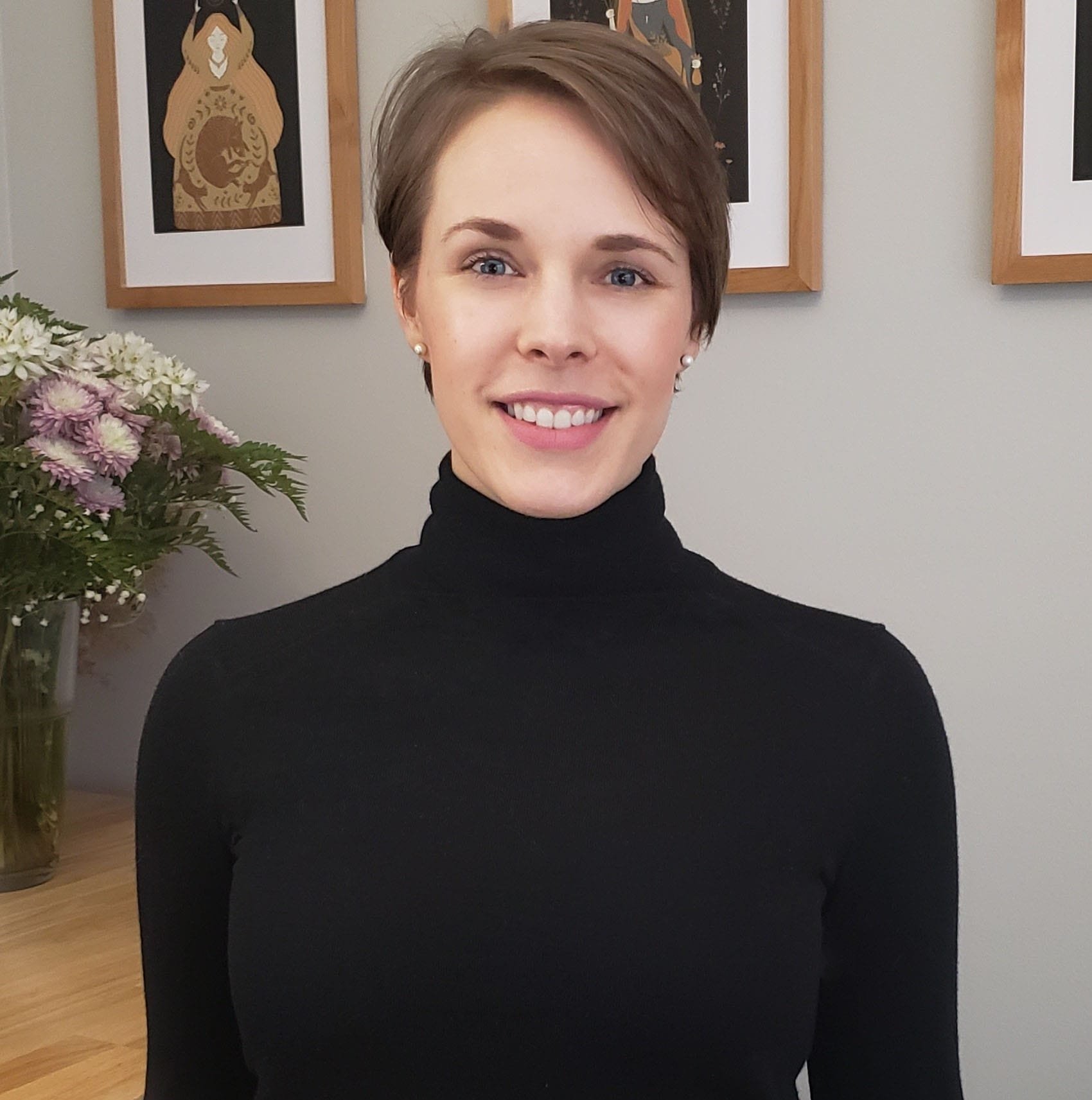
WELCOME TO THE EPOCH LAB.
Evolutionary Perspectives On Coalitions & Hierarchies
How do our fundamental motives shape the way we think about, feel about, and behave toward others within status hierarchies?
WHAT WE STUDY
Motives We Examine
-
People are motivated to gain and maintain heightened social standing (or at least avoid low standing) within their social group. This motive can cause people to engage in competitive behavior aimed at achieving positions of power. It also can cause people to behave in ways that are likely to earn the respect and admiration of others. We examine how this motive affects the way people behave toward those who have higher versus lower status than themselves.
-
People are motivated to form and maintain cooperative alliances with others (e.g., friendships). This motive can cause people to behave prosocially toward other members of their group and to become sensitive to potential threats to their most central relationships. Our work explores how this motive affects the relationships people form and maintain, particularly within hierarchical settings.
-
People are motivated to invest in and care for their family members and tend to treat their kin better than other members of their social world (e.g., nepotism). This motive can cause people to behave in a nurturant and protective manner, especially toward infants and children. We investigate when, why, and how this motive can overgeneralize to non-kin adults, and how it plays out in mentoring relationships.
Cross-Hierarchy Relationships We Explore
-
What influences the relational dynamics between high-ranking leaders and their lower-ranking group members? What causes some leaders, more than others, to selfishly wield their power in ways that undermine their group? How does the motivation to maintain one’s social prominence sway leaders’ decisions and affect the way they treat their followers? What strategies do lower-ranking group members use to advance their own hierarchical standing, and how they might protect themselves from highly dominant leaders? Our work on the relational dynamics between leaders and followers aims to address questions like these.
-
How do mentors and mentees navigate their respective roles within their mentoring relationship? When is the hierarchical divide between mentors and mentees most salient, and when do mentoring relationships operate more like a partnership among equals? What motivates mentors to devote time, energy, and resources to their mentees, and how do their underlying motives shape the types of support they offer? What types of mentees tend to receive the most support from their mentors, and why? A central aim of our research into mentoring relationships is to answer questions like these.
-
When, why, and how do people strive to form and maintain coalitions within social hierarchies? How does being higher versus lower in the hierarchy affect one’s desire to form strong connections with others? What are the circumstances that cause high-ranking people to prioritize their relational standing with their lower-ranking group members? How do people leverage their coalitional relationships as a means to further their own position within their group’s hierarchy? Answering these types of questions is a central aim of our work on cross-hierarchy coalitions.
WHO WE ARE
Led by Dr. Charleen Case, our core research team is made up of doctoral students and undergraduate research assistants at the University of Michigan. While our specific research questions are diverse, we all are interested in uncovering the motives and psychological processes that shape social behavior within hierarchical settings.







